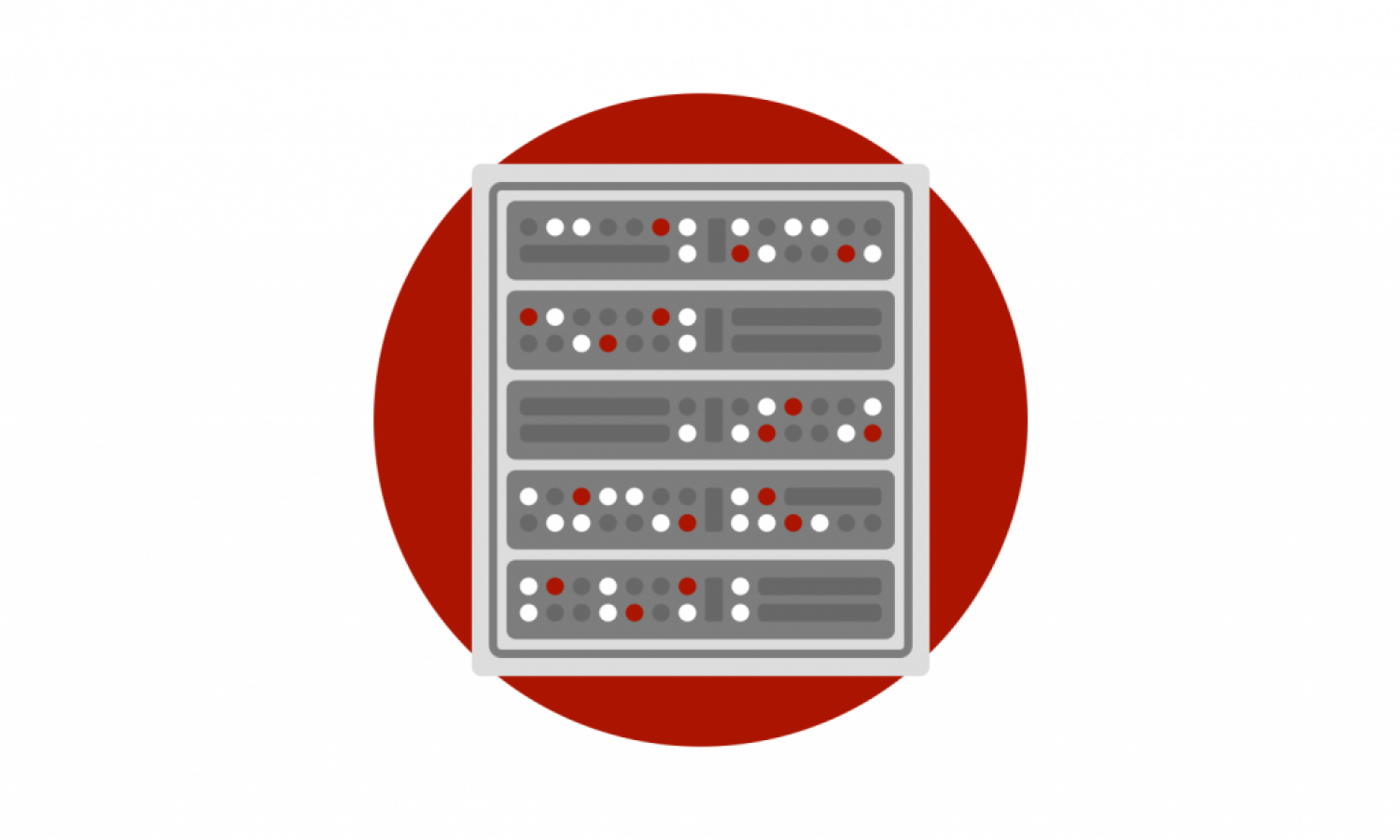Internet Governance – Who Rules the Internet?
The following commentary is from i2Coalition co-founder and board member David Snead cross-posted from the Web Host Industry Review:
As part of SaveHosting, and now the i2Coalition, I’ve spent a great deal of time over the last year and a half experiencing different groups who each want a say in how the Internet is governed. I think we’re witnessing a shift from the business-oriented “multi-stakeholder” model of Internet governance that has guided the development of the Internet over the past twenty years, to a more traditional model of regulation. I’m not sure that’s a good thing.
The fact that so many entities are interested in influencing how the Internet works represent a sea-change. There are two actors who are attempting to wrest control of Internet governance from businesses: national governments and certain Internet governance entities who are seeking to expand their roles. Increased influence and governance by these entities represents a fundamental shift in the traditional view that the Internet is for business, and few special laws are needed to regulate it.
At its base level, the Internet is run as a series of private agreements among companies. For example, businesses have all agreed that the Internet numbering system will be run by a group of regional naming entities, and governed by a non-governmental entity, ICANN, which, until relatively recently, saw little influence from non-business groups. While there are some historical exceptions to this (for example, the .com registry is administered by VeriSign pursuant to an agreement with the Department of Commerce because of the Internet’s origin as a government network), the Internet has largely been governed by the businesses which run it.
This has created a very libertarian governance structure in which businesses essentially negotiate to ensure that their interests are maintained in the Internet’s operation. So, in the early days of the commercialization of the Internet, we saw a significant number of private peering arrangements. These arrangements were governed by contract terms, and rights and obligations allocated accordingly. To the extent there was a dispute, business-friendly courts were available to interpret the parties’ agreements. These deals reinforced the multi-stakeholder model of Internet governance which relies on negotiated compromises, largely favoring business interests, to resolve disputes and allocate resources.
So who is responsible for the change in the way the Internet is governed? I would, quite honestly, lay blame for this change squarely on the doorstep of the US federal government. Over the past three years, the US government has moved from a largely “hands-off” approach to actively attempting to interject US societal concerns into the operation of the Internet. These interjections have principally been in two areas: law enforcement and advancement of the intellectual property rights of certain industries. Each time the US government has used its unique position as the virtual hub of Internet commerce to advance these issues, the multi-stakeholder model has been undermined.
It is not hard to understand China’s desire to preserve its ability to censor the Internet in light of US surveillance laws. Simply put, the US government’s argument that “information just wants to be free” falls flat when it is followed by the corollary “unless we need it for some other reason.” Similarly, the US government’s prioritization of intellectual property rights above other rights and interests makes it hard to argue against, for example, the ITU’s “sender pays” proposal. The use of governmental power to essentially underwrite intellectual property enforcement is no higher use of that power than if used to support failing telecommunications monopolies. There is no incentive for the government of China to participate in a multi-stakeholder process to balance intellectual property, free speech and other rights if the US government is simply going to turn off websites.
I fear that the undermining of the multi-stakeholder process will lead to a significantly more balkanized Internet. We’re currently witnessing a land grab between national governments, and non-governmental entities like the ITU. What underlies each of these entities’ efforts is not an altruistic effort to ensure that the Internet remains open, fair and free from unnecessary regulation; rather, it reflects a desire to supplant the contractual underpinnings of the current Internet with a traditional regulatory framework. Unlike the negotiated compromises that have characterized the development of the Internet so far, an Internet governed by a traditional regulatory framework will likely become much more subject to national boundaries, less open to business ideas that challenge traditional models, and less technically innovative and more standards-based. Each of those changes will significantly restrict the ability of Internet businesses to generate the type of growth seen in the last two decades.
I do see a glimmer of hope, however, in how both the US and European governments are beginning to behave. For example, the US government’s approach to ITU negotiations seems to represent a thoughtful, and less schoolmarm-ish, approach to the problem. I am hopeful that this represents a small but continuing, change in the direction of US international Internet policy. Congress also seems to be listening: in meetings, the I2C has had with authors of cybersecurity legislation, it is clear that significant thought is going into what security means, and how legislation affects Internet infrastructure industries.
In Europe, significant push-back has been developing around the new privacy directive and the cloud computing strategy. Neelie Kroes has begun tempering some of her more strident positions with public statements discussing the “shared” responsibility on some infrastructure issues. I believe that this may reflect a more reasoned approach to EU policy.
Now is an interesting time to participate and observe Internet governance. Regardless of your views of how, or if, the internet needs more regulation, I believe that in two years the landscape will be much different than it is now.

